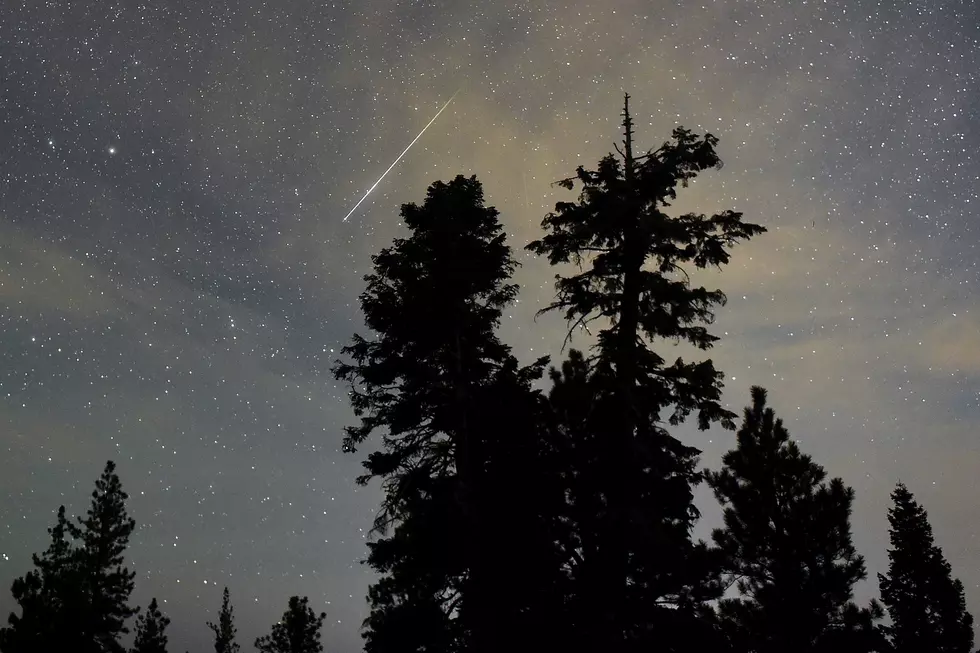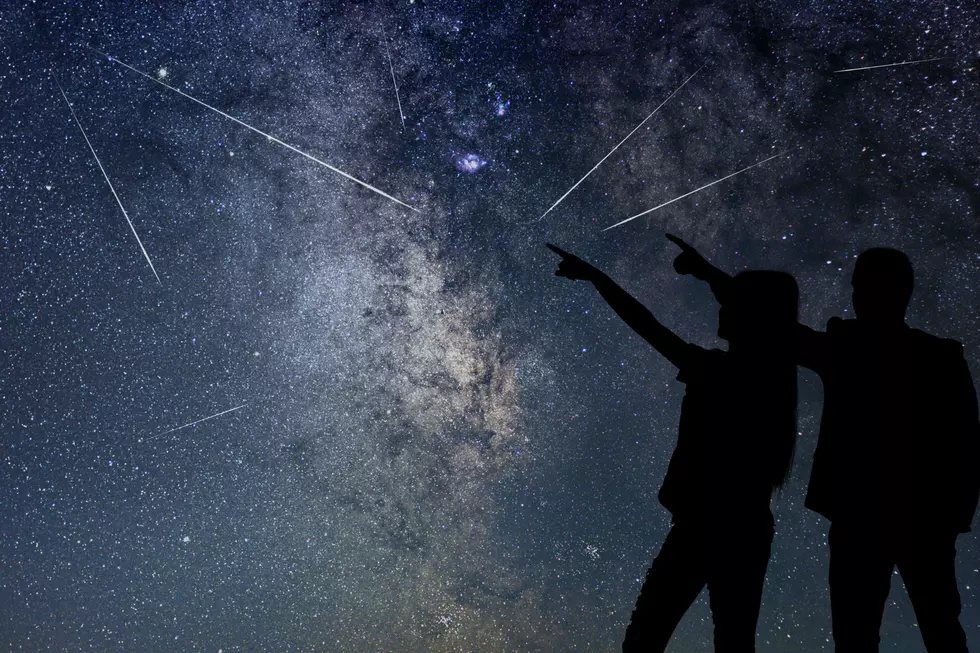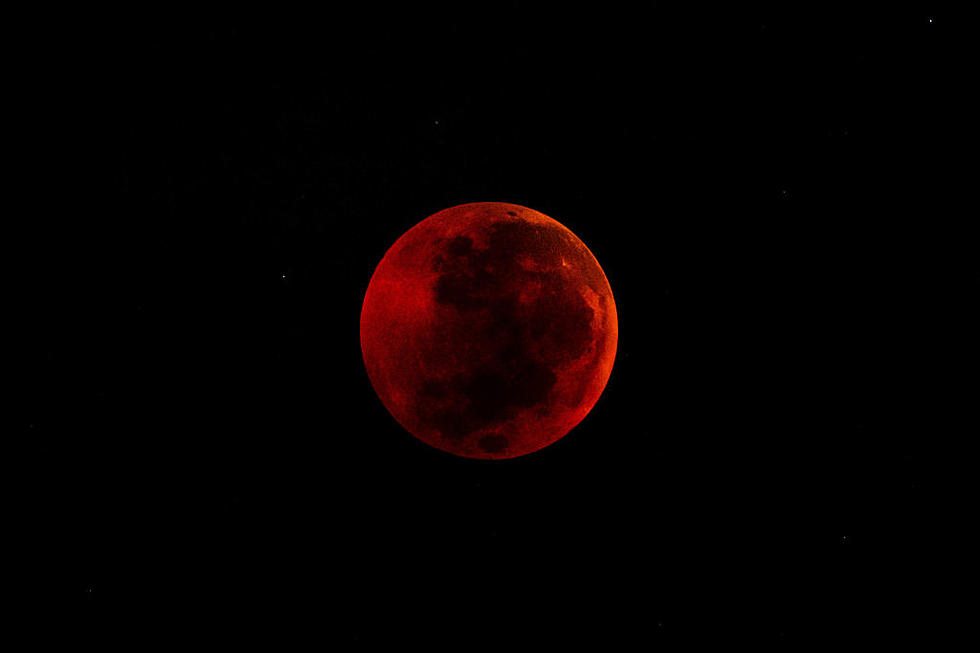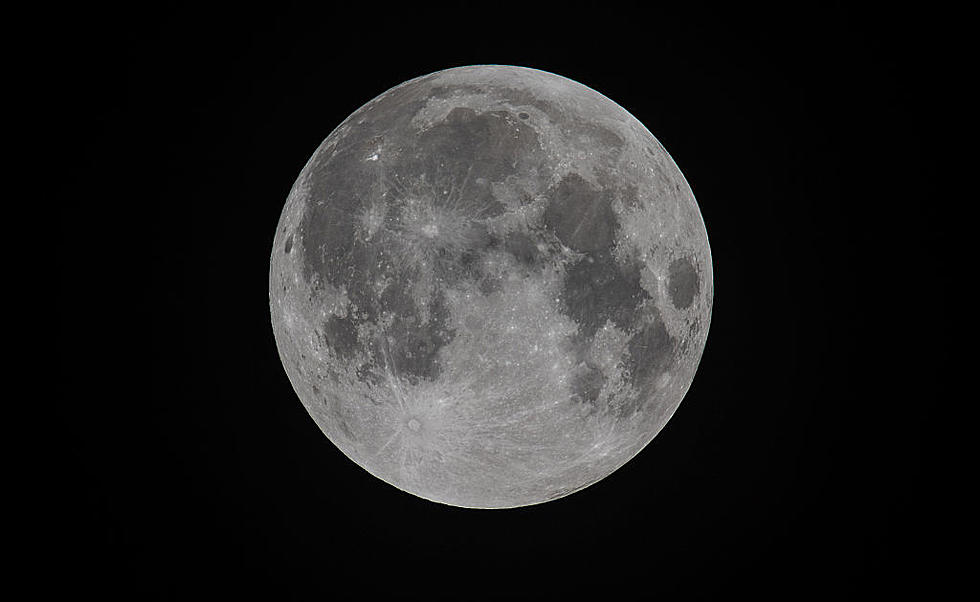
What’s in Store for the Sky in 2019: Eclipses, Meteor Showers, & More
There's no better way to help you put things into perspective as staring out at the night sky, especially during a meteor shower or other astronomy event.
Who doesn't like catching a good meteor shower? Or a seeing a solar or lunar eclipse. It's always a beautiful sight - Enough to make anyone stop and think...
Unfortunately for us in North America, and New York more specifically, 2019 is not going to be the best year for events in the night sky... BUT, that doesn't mean we don't have anything to look forward to...
This weekend we'll get to see the "Super Blood Wolf Moon," which is a crazy name just meaning three different astronomy events are happening at once to make for one cool sighting:
1. First full moon of January is called the "Wolf Moon"
2. There's a total lunar eclipse, and so the moon will be the closest to Earth (and will appear a little bigger, and a LOT brighter)
3. Sunlight will cause the moon to look a little red, hence "blood moon"
The highlight of this "Super Blood Wolf Moon" will be early Monday morning, January 21st, around 12:12am
Another great "show" we'll be able to catch is the Eta Aquarids Meteor Shower. According to Click on Detroit, the meteor shower is dust and debris that has been left behind from Halley's Comet. Although, we can usually see this meteor shower every year, it's going to be better this year, because it happens just a few days after a "New Moon" (meaning it will be really dark, and you'll be able to see more meteors without using a telescope). According to Click on Detroit,
...the Eta Aquarids will be active April 19 through May 26, its peak night will begin around 3 a.m. ET until dawn on May 6, and it's expected to produce as many as 20 to 40 meteors or more per hour.
So you'll definitely want to mark that astronomy event on your calendar! Unfortunately, we won't be able to see a total eclipse like we experienced in 2017 - That was pretty crazy, wasn't it?! Other areas of our world will get to, though. There's also a partial lunar eclipse that will happen on July 16th, but we won't get to see that one either.
The last astronomy event that you have a chance at seeing this year will need some special equipment, considering you have to look at the sun. So if you don't know anyone who has solar filters/telescope, you won't be able to enjoy this one. But Mercury is actually going to pass in front of the sun and we'll be able to see it. Click on Detroit says it will just look like a little black dot passing in front, but that's still pretty cool when you think about what you're actually seeing.
Mercury will pass in front of the sun on November 11th starting at 7:34am.
Of course there are other events happening in the night sky over the next year, but we won't be able to see them from our home. But hey, at least we get a few cool sights, and maybe 2020 will be better!
[Click on Detroit: 'Super blood wolf moon,' 5 eclipses among 2019's astronomy events]
More From 96.1 The Eagle









